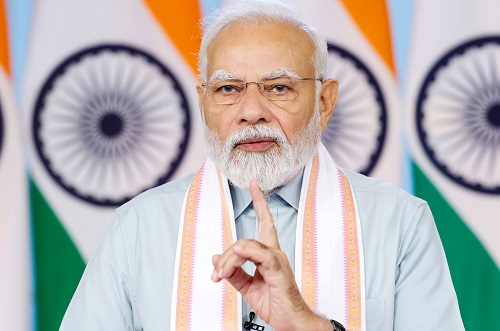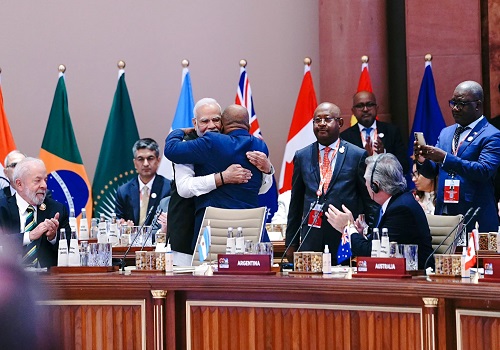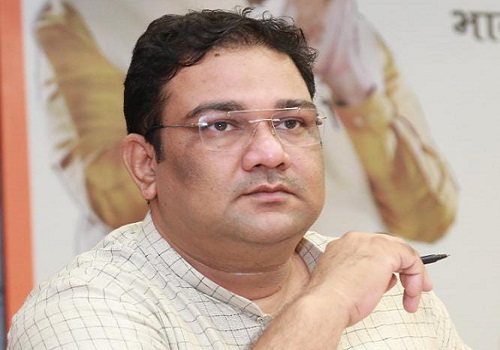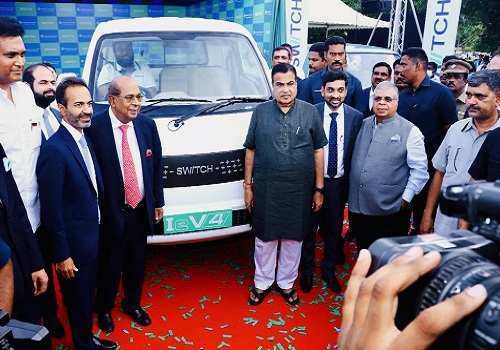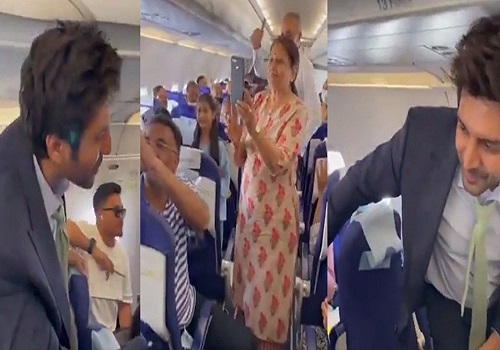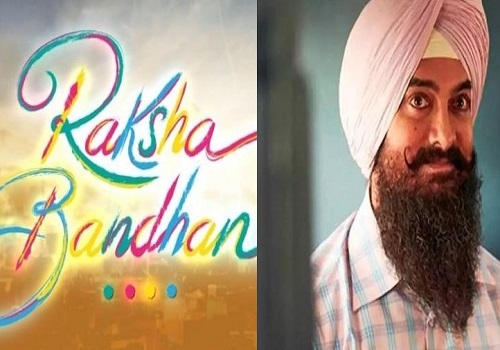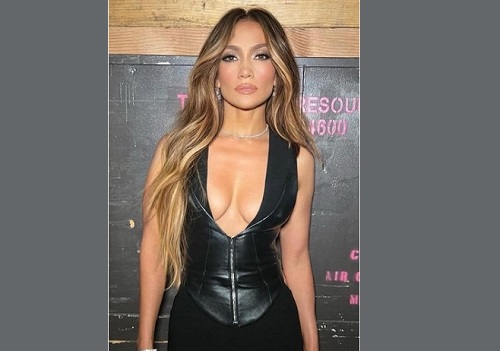70% OTT users say threats to artists, directors, producers are worrying
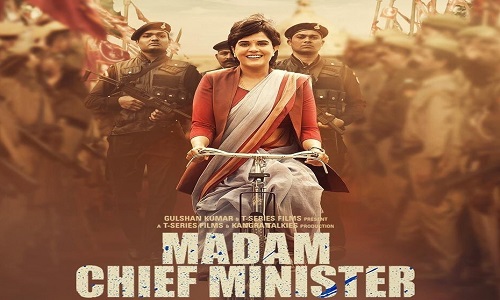
Follow us Now on Telegram ! Get daily 10 - 12 important updates on Business, Finance and Investment. Join our Telegram Channel
Seventy per cent OTT users do not approve of threats of intimidation, violence and death issued to artists, directors and producers of movies and shows.
As per a LocalCircles survey, there have been a spate of cases of threats of intimidation, violence and death issued to artists, directors and producers of movies and shows.
Recently, one of the artists, Richa Chadha received violence and death threat for allegedly stereotyping Dalits in the movie, "Madam Chief Minister".
When OTT users were asked that "Recently threats of intimidation, violence and death have been issued against artists, directors and producers of OTT content. As a citizen of India and consumer of OTT content, does this worry you?" The majority of 58 per cent OTT users said "Yes, quite a bit", and 15 per cent said "Yes, somewhat". Further breaking down the poll, 12 per cent users said "No, doesn't affect me much", while 15 per cent said "Not at all", and 3 per cent couldn't say.
Many of the members who participated in the discussion on the subject said that such threats should have no place in the society and if they are not acted upon sternly and swiftly by law enforcement agencies, they will only increase over time. According to many OTT users, the concern or grievance of an individual or a group of individuals or an organisation must be raised through appropriate pre-defined Government channels, LocalCircles said.
OTT platforms in 2020 have been a sought-after source of entertainment for many as people stayed home and multiplexes and cinemas stayed closed for most of the year. The consumers use OTT platforms for the choice, convenience and high-quality content and amongst OTT users, majority have subscription to two or more platforms. However, as the industry evolves and common standards are created, OTT users demand better definition and display of the minimum age requirement and rating certification so they can make informed choices of what they want to watch.
Also, consumers are keen that the code of regulation whatever approved by the Government is shared with them and made easily accessible on the platforms. Finally, majority of the Indian OTT users are concerned about the various violence and death threats being issued to artists, directors and producers and want that effective grievance channels must be created to address concerns of individuals or groups but such threats should not be tolerated and stern and swift action must be taken by law enforcement agencies against those issuing such threats
As people observed social distancing and stayed home amid the COVID-19 outbreak, the on-demand over-the-top (OTT) video streaming platforms for many became a primary source of entertainment.
As more users were logging on to OTTs, many film and series producers also chose these platforms for launch of their series and films. International OTT players, mainly Netflix and Amazon's Prime Video together released approximately 30 original titles while Indian OTT players like Hotstar, Zee5, Sony Liv, MX Player also released many titles and provided entertainment to people on their fingertips.
With the rise of OTT's popularity in India, there has also been many consumer discussions on LocalCircles in the last 12 months enabling consumers to share both the pros and cons of OTT platforms. The pros largely have centered around giving consumers increased content choices as compared to pre-OTT and the convenience to watch content when they want to watch. Consumers concerns on the other hand have been on rating information display by some platforms, age gating and on content that can hurt the sentiments of some communities.
Amid these developments, LocalCircles conducted its OTT survey 2021 to better understand users' pulse on how they used OTT in 2020, what working well along with any concerns. The survey received over 50,000 responses from OTT users located in 311 districts of India.
The first question asked consumers about their primary source of video-based entertainment in 2020, 46 per cent said "television channels via DTH, cable or app)", 41 per cent said "OTT platforms such as Youtube, Netflix, Amazon Prime, Hotstar", and 8 per cent said "social media platforms such as Tiktok, Instagram, Whatsapp". There were also 3 per cent who said "videos downloaded from the Internet", and 2 per cent said "others". Interestingly, there weren't any vote casted for DVDs and VCDs, which suggests that the once popular medium of entertainment has vanished from the modern living room.
There are currently more than 40 OTT video streaming platforms in India. KPMG estimates that OTT revenue climbed 26 per cent and subscriptions, either ad-based or paid, surged 47 per cent, with close to 325 million Indians today streaming the favorite OTTs.
To better understand the number of platforms, OTT users are typically subscribed to, LocalCircles asked the question and in response, 30 per cent said four or more, 20 per cent said three, 26 per cent said two, 18 per cent said one. There were only 6 per cent of 7,834 OTT users who said that they don't have not subscribed with any OTT platforms currently but they take them on an as needed basis. Some platforms offer trial subscriptions while some also offer subscription for a single show or movie.
The next question tried to understand the primary reasons for consumers to use OTT platforms. The majority of 50 per cent said "choice and convenience", while 31 per cent said "high-quality content". Further breaking down the poll, 10 per cent of consumers said "lower cost than other entertainment channels", and 9 per cent voted for other reasons.
The Government of India late last year brought OTT video streaming platforms under the ambit of the Ministry of Information and Broadcasting. Recently 17 OTT players have adopted a self-regulation code that was introduced in September. These providers include Amazon Prime Video, Netflix, Disney-Hotstar, SonyLiv, MX Player, Jio Cinema, Eros Now, Viacom (Voot), Alt Balaji, Arre, HoiChoi, Hungama, Shemaroo, Discovery Plus, Aha and Lionsgate Play.
Consumers however currently seem to have little understanding of the OTT code of regulation and when asked if they would like more information about the OTT code of conduct, majority of them i.e. 78 per cent said "Yes," 14 per cent said "No", and 8 per cent couldn't say. OTT platforms must enable this on and off platforms such that the common OTT user knows what to expect and what is a deviation from the code.

















